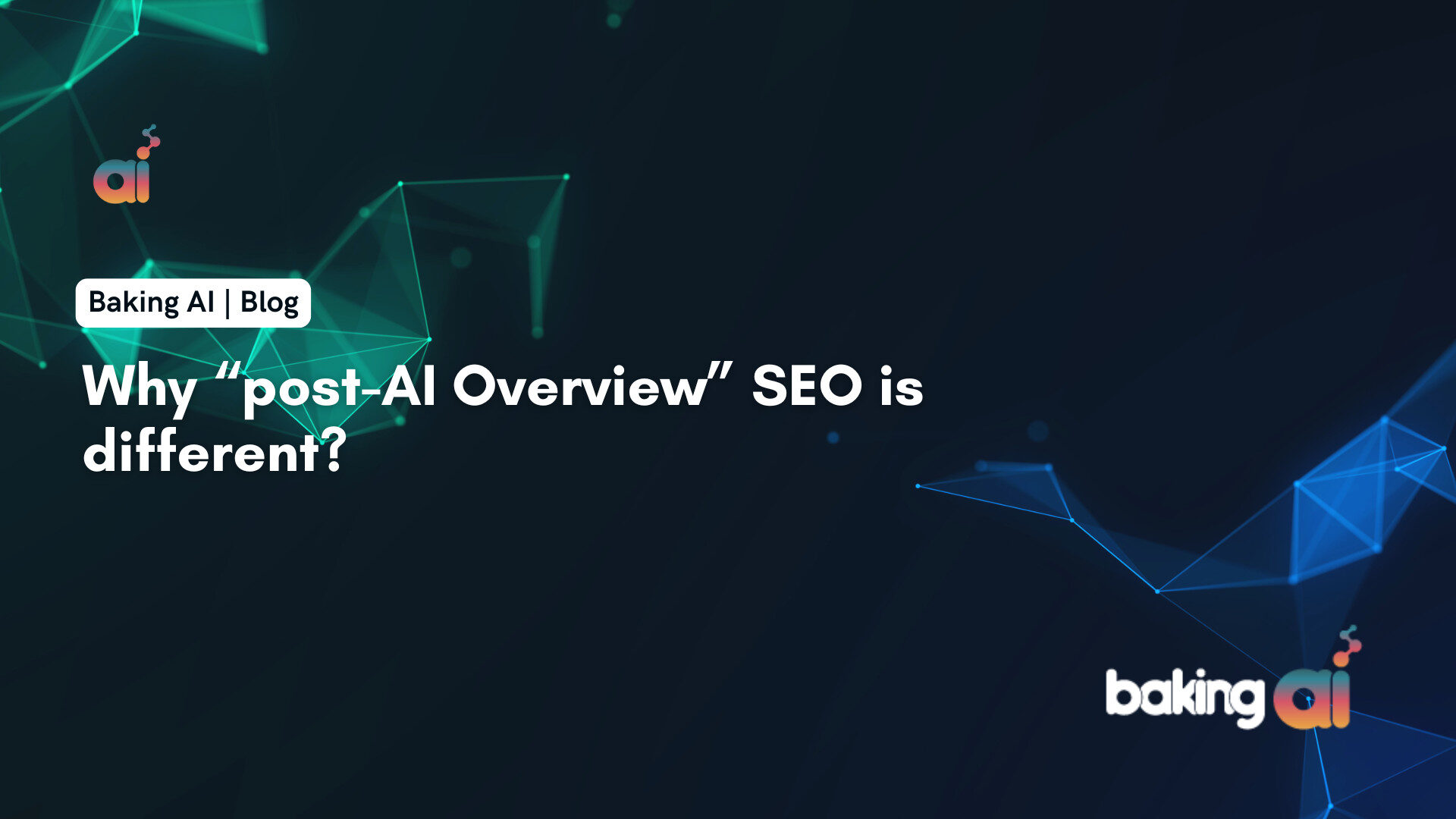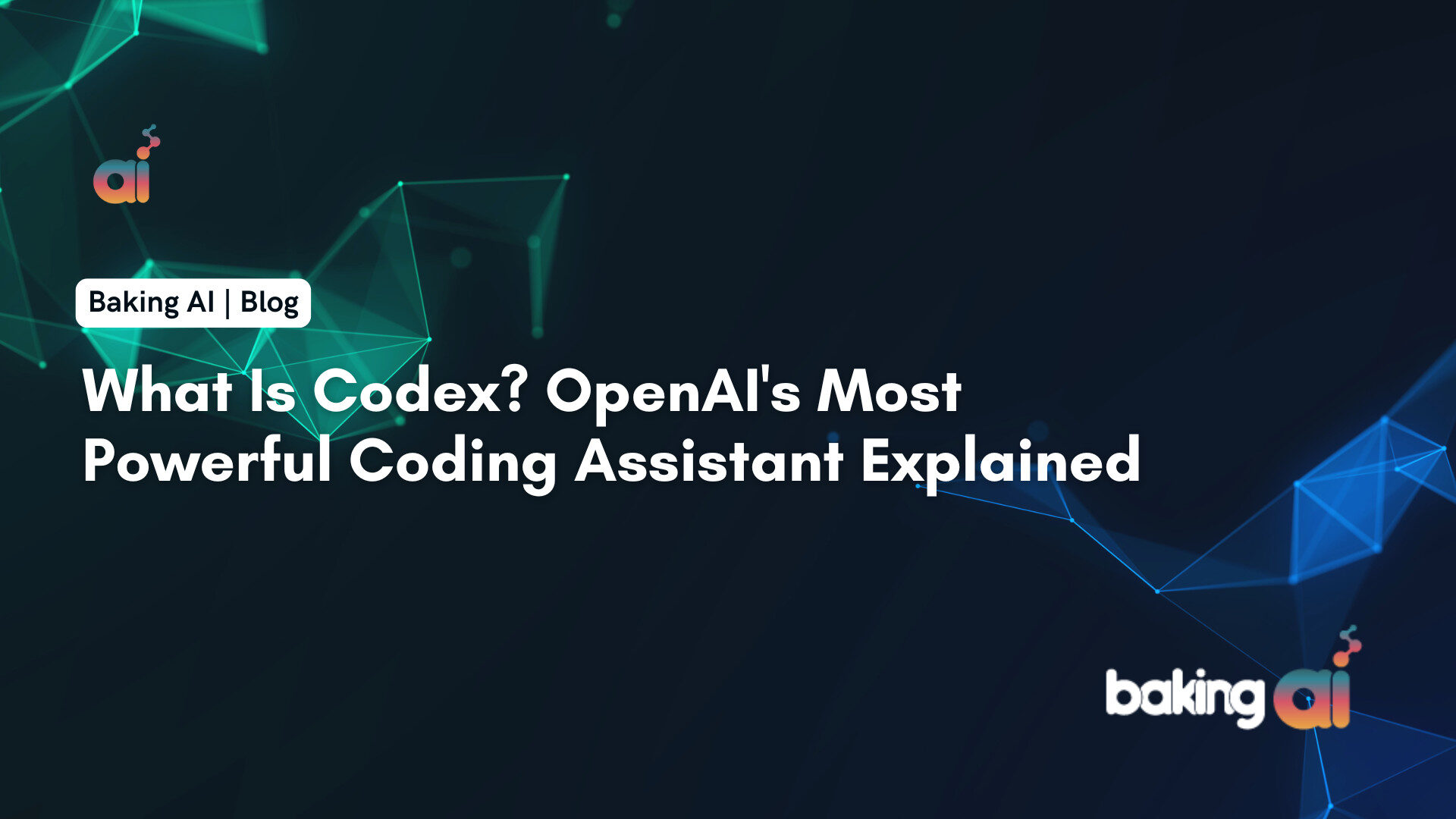Oprah Winfrey’s special titled “AI and the Future of Us,” aired on September 12, 2024, and featured prominent figures in technology and law enforcement, including Sam Altman (CEO of OpenAI), Bill Gates, tech influencer Marques Brownlee, and FBI Director Christopher Wray. The discussion centered on the multifaceted implications of artificial intelligence (AI) on society.

Key Themes and Insights
Skepticism About AI’s Impact
The tone of the special leaned towards skepticism regarding AI’s current capabilities and future implications. Oprah emphasized that while AI is an integral part of our lives, it remains largely beyond our control and understanding. She expressed concern over the dual nature of AI as both a potential ally and a rival to humanity, highlighting the urgent need for awareness about its consequences.
Deepfakes and Misinformation
A significant portion of the conversation revolved around the dangers posed by AI-generated content, particularly deepfakes. Marques Brownlee demonstrated how advanced deepfake technology has become, showcasing its potential for misuse in disinformation campaigns. FBI Director Wray shared his unsettling experience with a fabricated video of himself, illustrating how easily AI can be weaponized to manipulate public perception and create false narratives.
AI’s Rapid Development
Bill Gates noted that AI is evolving faster than many experts anticipated, which could lead to substantial societal changes sooner than expected. He expressed optimism about AI’s potential to enhance fields like education and healthcare but acknowledged the risks associated with its rapid advancement.
Concerns Over Job Displacement
The discussion also touched on the potential for AI to disrupt job markets significantly. Gates suggested that automation might lead to a reduction in the workweek as machines take over repetitive tasks. However, he reassured that jobs requiring creativity and interpersonal skills would remain in demand, emphasizing the need for a workforce adept at skills that machines cannot replicate.
Criminal Exploitation of AI
Wray highlighted how criminals are already leveraging AI for malicious purposes, including sextortion and creating explicit content from innocent images. This misuse not only poses immediate threats to individuals but also amplifies illegal activities by enabling less experienced criminals to engage in sophisticated crimes.
The Need for Collaboration and Regulation
A recurring theme was the necessity for collaboration between governments and technology companies to mitigate the risks associated with AI. Both Altman and Gates stressed that regulatory frameworks must evolve alongside technological advancements to ensure the responsible development and deployment of AI technologies.
Sam Altman respond to questions about trust in AI
During Oprah Winfrey’s special “AI and the Future of Us,” Sam Altman, CEO of OpenAI, addressed significant concerns regarding trust in artificial intelligence. Here are the key points from his responses:
Key Responses from Sam Altman on Trust in AI
1. Acknowledgment of High Standards: Altman recognized the gravity of the trust issue, stating, “The bar on this is clearly extremely high.” He understood that public confidence is essential given the potential impacts of AI technology on society.
2. Commitment to Transparency: He emphasized OpenAI’s commitment to transparency and open dialogue. Altman stated that the best approach to building trust involves putting AI technology in the hands of people, discussing its capabilities and limitations, and providing guidance on how society should use it. He mentioned the importance of being upfront about when it might be necessary to delay product releases for safety reasons.
3. Realistic View on Misuse: Altman was candid about the potential for misuse of AI technology, admitting, “This technology will be misused, like every other technology before it.” He stressed the need for a clear-eyed perspective on both the positive and negative aspects of AI, expressing confidence in its benefits while acknowledging its risks.
4. Government Involvement in Safety Testing: He advocated for government involvement in safety testing for AI systems, likening it to regulatory processes used for aircraft and pharmaceuticals. Altman mentioned that he communicates with government officials regularly to develop safety measures for AI technology.
5. Building Trust Over Time: Altman highlighted that trust must be built over time through consistent actions and transparency. He acknowledged past challenges with trust within OpenAI itself but expressed a commitment to guiding AI development positively and responsibly.
What examples of deepfakes were shown during the Oprah’s AI Special
1. Demonstration by Marques Brownlee: Tech influencer Marques Brownlee showcased two pieces of AI-generated footage to highlight the evolution of deepfake technology. He compared an older AI-generated video with a newer sample powered by OpenAI’s Sora. The newer footage was significantly more convincing, demonstrating how quickly the technology is improving. While some flaws were still detectable, most viewers would find it challenging to distinguish these fakes from real footage.
2. FBI Director Christopher Wray’s Experience: Wray recounted a chilling experience where he was shown a deepfake video created by his team, which depicted him saying things he had never said. This example served as a stark warning about how deepfake technology can be used to manipulate public opinion and create false narratives, emphasizing the potential for reputational damage.
3. Sextortion Cases: Wray also discussed the misuse of deepfakes in sextortion cases, where predators use AI to manipulate images of minors to blackmail them into providing explicit content. This alarming application of deepfake technology illustrates its potential for harm, particularly among vulnerable populations.
4. Political Misinformation: The special touched on the implications of deepfakes in political contexts, especially with the upcoming U.S. presidential election. Wray warned that foreign adversaries might exploit deepfake technology to interfere with American democracy by spreading misleading AI-generated content, further complicating political discourse.
In summary, “AI and the Future of Us” served as a critical platform for discussing the complexities surrounding artificial intelligence, balancing its potential benefits against significant risks. The special underscored the importance of informed dialogue as society navigates this rapidly changing landscape.











